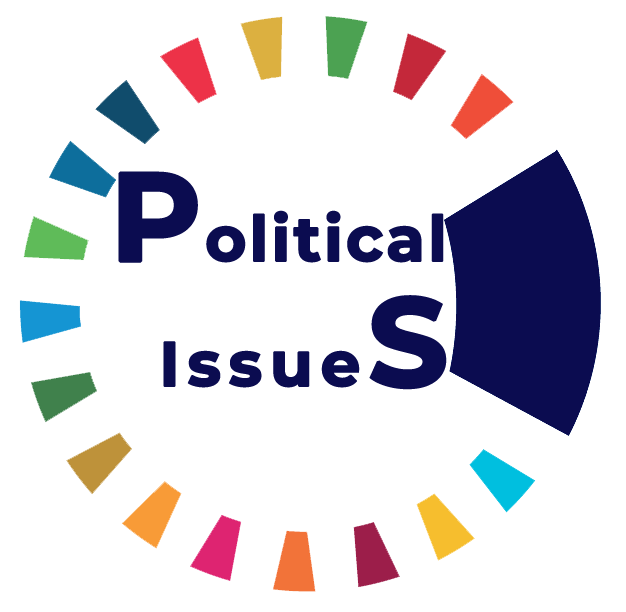Obstacles to Empowering Women with Disabilities in The Arab Countries (Egypt - Jordan - Iraq)
DOI:
https://doi.org/10.58298/2022225Abstract
If we want to know democracy in any country, we must first look at the its women cultural, social, and economic status in general and women with disabilities in particular, and the extent of their participation in political life and political decision-making. As a result of the patriarchal authority stemming from the clan nature known to Arab societies, history has witnessed multiple types and forms of discrimination against women, which differed from one country to another. Through holding international conferences and agreements in order to empower women in all social, economic and political fields.
International interest in people with disabilities began in 1975, but the great victory came in 2008 when the United Nations approved the Convention on Persons with Disabilities, which provided sufficient standards to protect the political, civil, economic, social, and cultural rights of persons with disabilities for inclusion, equality, and non-discrimination. In this study, we discuss the political empowerment of women with disabilities in Iraq, Egypt and the Hashemite Kingdom of Jordan, and the obstacles that stand in the way of their participation in political work.

Published
Issue
Section
License
This is an Open Access article distributed under the terms of the creative commons attribution (CC BY) 4.0 international license which permits unrestricted use, distribution, and reproduction in any medium or format, and to alter, transform, or build upon the material, including for commercial use, providing the original author is credited.





